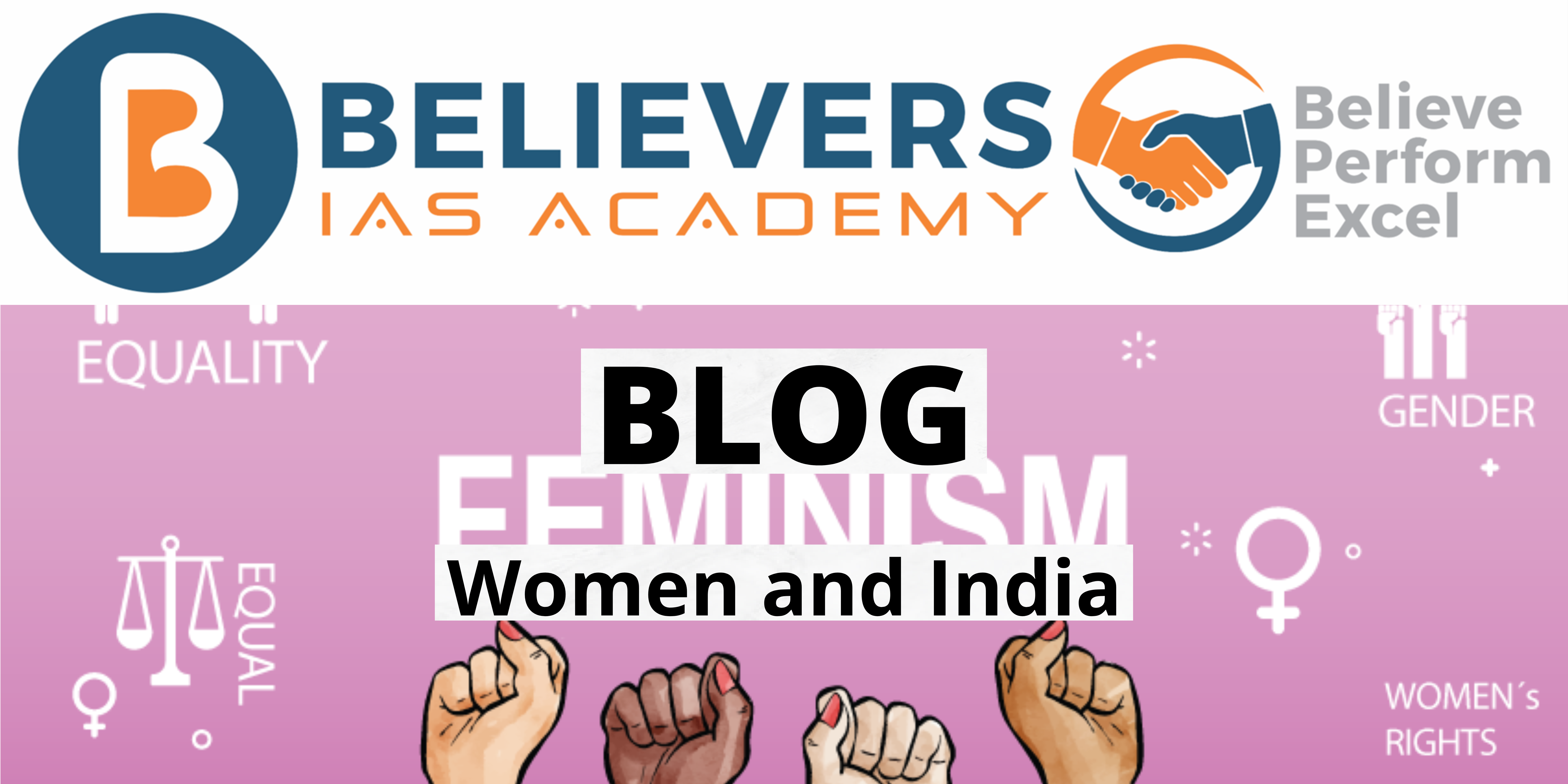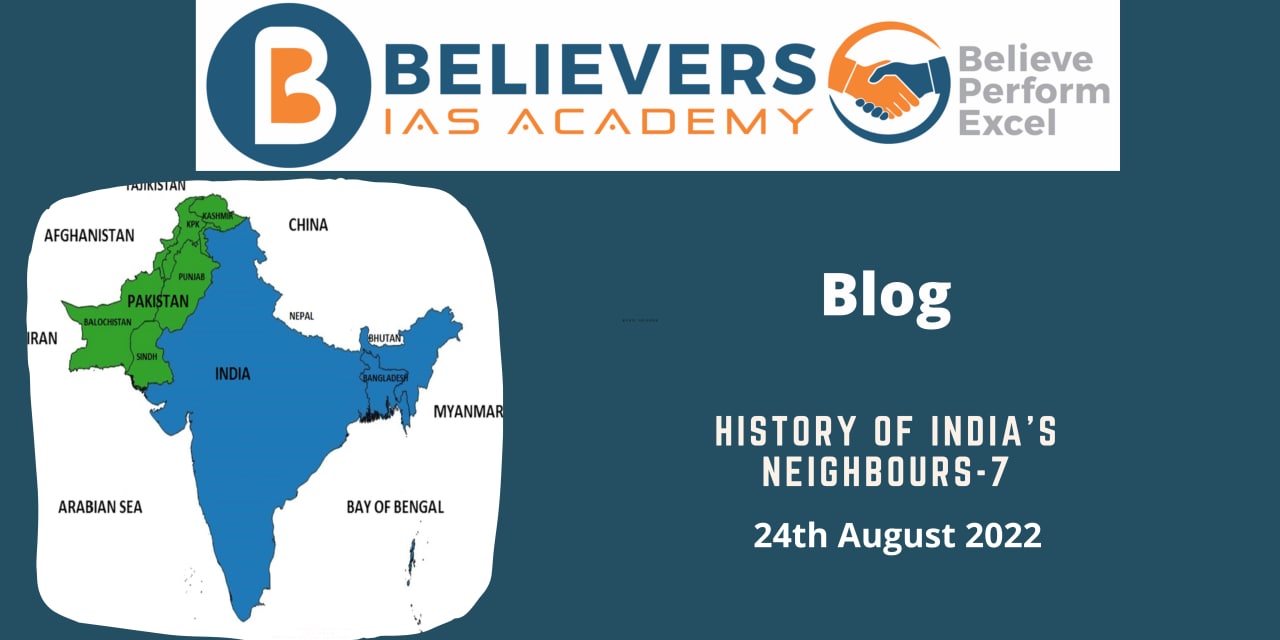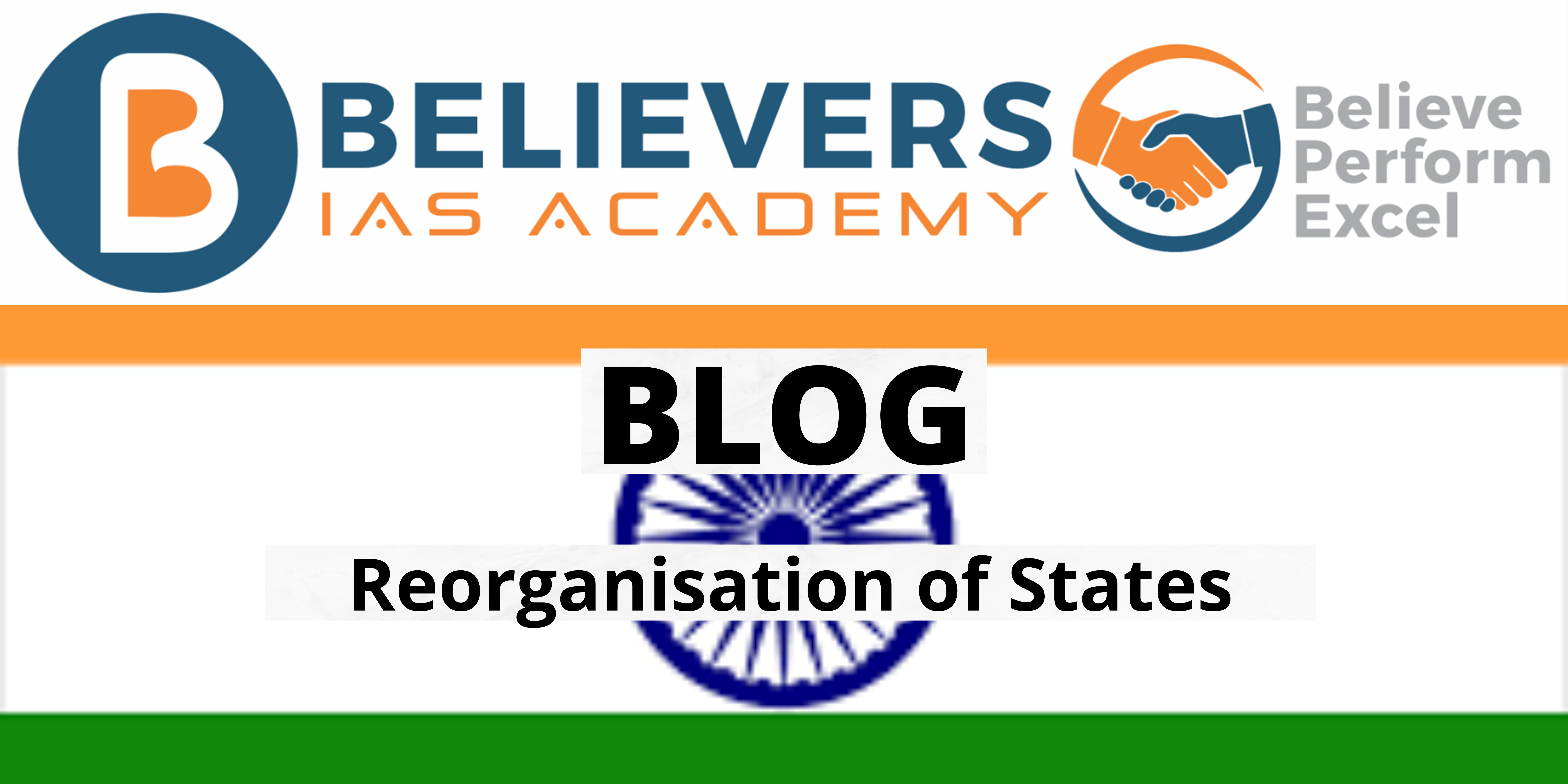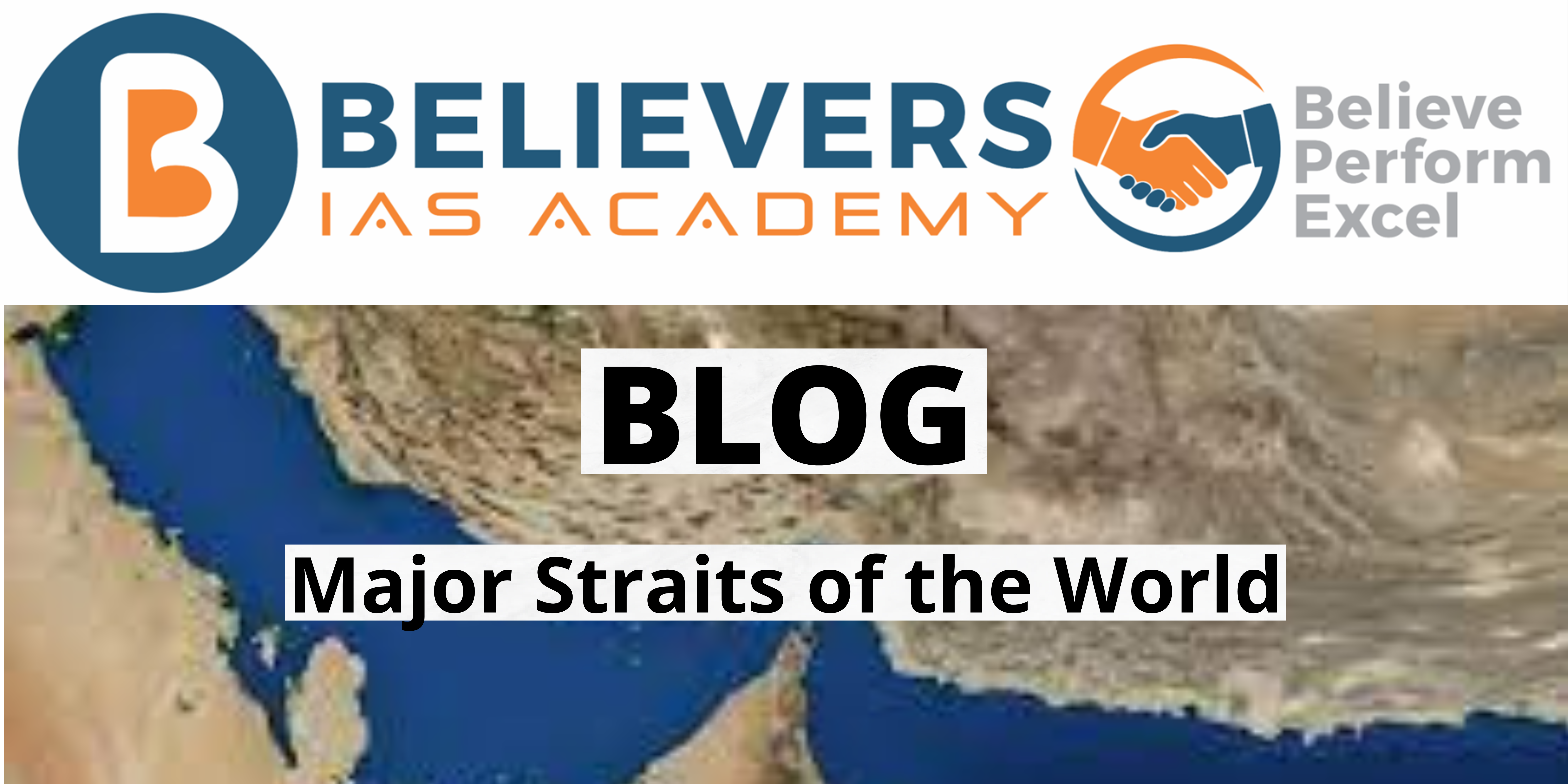Women and India – Part 3
Women organisations in India
Arya Mahila Samaj:
- Arya Mahila samaj was started by Ramabai Saraswati in Pune on 1882 to provide education to women and to discourage and fight against the practice of child marriage.
Women’s Indian Association (WIA):
- The WIA was founded by Irish woman, Margaret E. Cousins on 8 May 1917 in Adyar, Madras with a secular agenda for women of all creeds, classes, and castes.
- Annie Besant became the first President of WIA later on.
All India Women’s Conference (AIWC):
- All India Women’s Conference (AIWC) was founded in 1927 and registered in 1930 under the Societies Registration Act XXI of 1850.
- AIWC was an organization dedicated to the upliftment and betterment of women and children.
- Renowned women like Sarojini Naidu, Kamla Devi Chattopadhyay, Renuka Roy, Rajkumari Amrit Kaur, Rameshwari Nehru, Begum Hamid Ali, Dr. Muthulakshmi Reddy, etc. were in the leadership of this organization.
SEWA:
- The Self-Employed Women’s Association, or SEWA, grew out of the women wing of Textile Labour Association and was incorporated in 1972.
- SEWA is a trade union made up of poor and self-employed female workers that earn a living through self-run small businesses or their personal labour.
- SEWA aims to organize women so that they can attain full employment and all its benefits including social security, which is defined as health care, child care and shelter.
- SEWA offers a number of services including health care, child care, banking through the Sewa Bank (a cooperative bank with credit and finance services), insurance via VimoSEWA (SEWA insurance), legal services and housing.
MAKAAM:
- Mahila Kisan Adhikaar Manch or MAKAAM is a forum for female farmers’ rights that operates in 24 states in India
- The Mission of MAKAAM is to visibilise women farmers – especially smallholder marginalized women, with a development vision led by social justice, plurality of knowledge systems and sustainability driven by ecological approaches – and to create and secure rights over productive livelihood resources (land in particular) as well as entitlements over a variety of support systems, with equal participation of these women in decision-making in various institutions starting family upwards, to ensure empowered, self-reliant, sustainable women’s livelihoods.
NEN:
- North East Network (NEN) is a women’s rights organization that was established in 1995 as part of the Beijing World Conference on Women.
- NEN operates mostly in North East India and focuses on women’s human rights and gender justice.
- NEN organizes training sessions, awareness programs, retreats, as well as short film and art competitions all with the goal of merging advocacy with activism.




